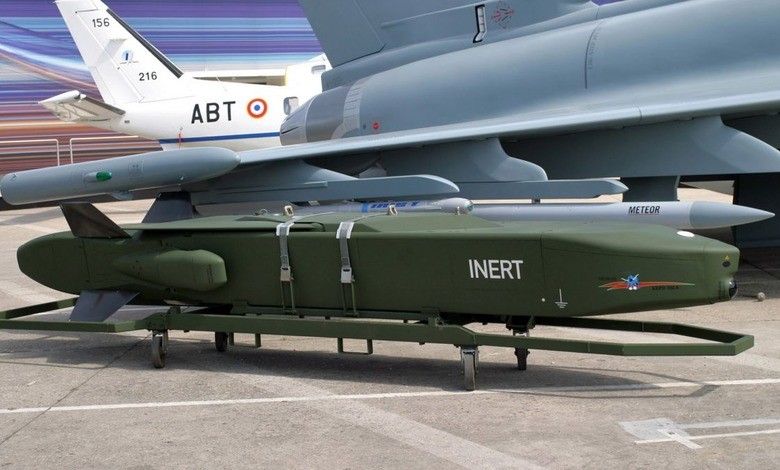Germany stops sending heavy equipment to Ukraine: BILD

Germany has decided to stop supplying heavy military equipment to Ukraine. About this informs publication Bild, citing sources in the German Ministry of Defense.
According to the publication, about 300 Leopard 2 tanks remain in Germany, as well as an unspecified number of infantry fighting vehicles (IPVs) and howitzers. However, in spite of this, doubts are expressed in Berlin about Ukraine’s ability to conduct a successful counteroffensive in the near future.
During the recent visit of Ukrainian President Volodymyr Zelenskyi to Berlin, Chancellor Olaf Scholz did not give a positive answer to the request for the supply of long-range Taurus missiles and permission to strike on Russian territory. Also, the issue of Ukraine’s accession to NATO was not accelerated. At the same time, Scholz did not express a categorical “no” to these requests.
Despite this, the German chancellor announced plans to transfer a military aid package worth 1.4 billion euros to Ukraine by the end of the year, which will include air defense systems.
According to the publication, Germany maintains a significant stockpile of military equipment, including about 300 Leopard 2 tanks, as well as an unspecified number of infantry fighting vehicles (IPVs) and howitzers. These resources could be an important support for Ukraine, especially in light of the current hostilities. However, despite the presence of these powerful means, the German government expresses certain doubts about Ukraine’s ability to conduct a successful counteroffensive against Russian troops in the near future.
During the recent visit of Ukrainian President Volodymyr Zelenskyi to Berlin, an important point of discussion was Ukraine’s request for long-range Taurus missiles, which could significantly enhance the ability of Ukrainian forces to strike key Russian targets at longer ranges. In addition, Zelensky raised the issue of permission to strike on Russian territory, which could become a strategic advantage for Ukraine. However, Chancellor Olaf Scholz did not give a clear positive answer to these requests. He also did not speed up the process of Ukraine joining NATO, which is one of the most important foreign policy priorities for Kyiv. However, it is worth noting that Chancellor Scholz did not say a categorical “no” to any of these requests





